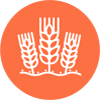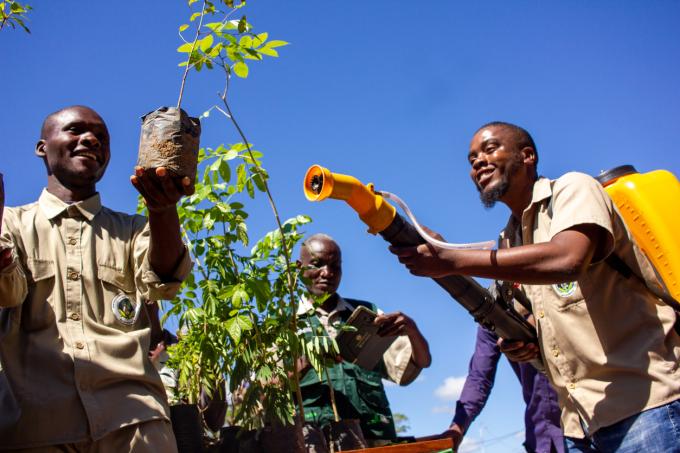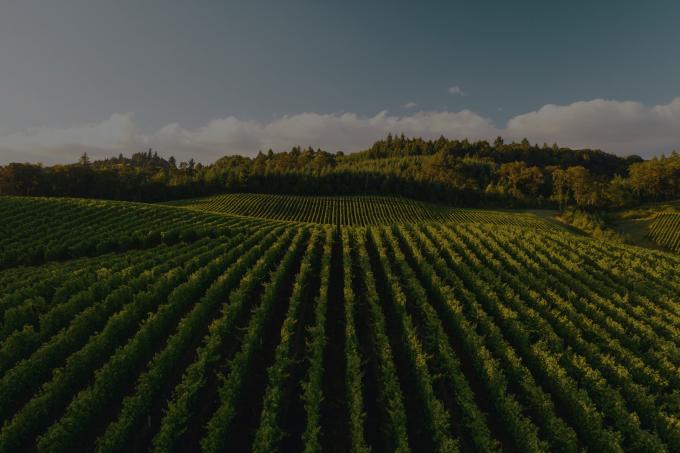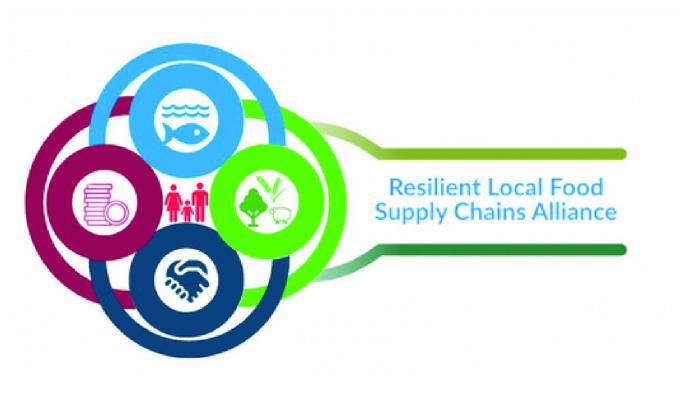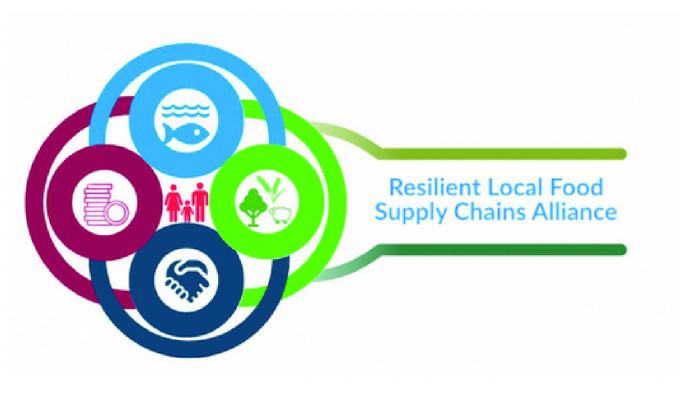GOOD PRACTICE
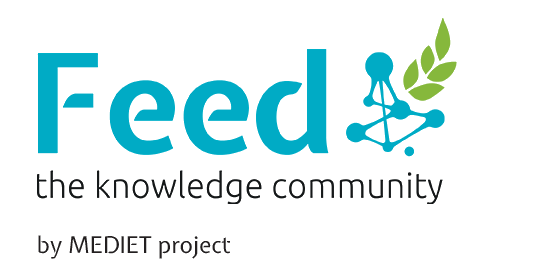
The practice, led by the Ecole Supérieure des Industries Alimentaires de Tunis, has rejuvenated the oasis of Jemna in south Kebili, Tunisia. To address challenges such as escalating production costs and fragmented land, local farmers formed the "SOCIÉTÉ MUTUELLE DES SERVICES AGRICOLES: SMSA El Barka". This collective organization facilitated training, knowledge sharing, and financial support for farmers, transforming the social, economic, and environmental conditions of the oasis. The "Actions-Indications Géographiques (PA-IG) Dattes de Nefzaoua" played a pivotal role. It supported farmers in improving production techniques, quality sorting, and effective marketing, and established the recognition of geographical indication products on national and international markets. The SMSA became a catalyst for economic gain, with 334 members and enabling the acquisition of quality equipment at reduced costs. By providing inputs and services, guiding members, and engaging in commercial activities, SMSA significantly improved farmers' productivity, profitability, and overall livelihoods. This transformative journey from individual struggle to collective prosperity showcases the potential of community-driven initiatives in revitalizing agricultural landscapes.
You must be registered to see all the content
The farmers of the oasis of Jemna in south Kebili, are grouped in a mutual company "SOCIÉTÉ MUTUELLE DES SERVICES AGRICOLES: SMSA El Barka" with 219 members. The grouping has facilitated access to training and creates a social link valuing the exchange of farming practices. SMSA has provided training to its members in order to help them build production capacities. Trainings touch different sectors such as goat and sheep breeding (production techniques, nutrition, diseases and precautions to be taken...), the development of market gardening and fruit trees, the phytosanitary problems of date palm, or even the oasis fertilization. The French Development Agency (AFD “Agence française de développement”) and the Agriculture Ministry contribute to creating the geographical indication of Nefzaoua dates and promoting the recognition of the quality of dates produced.The project "Actions-Indications Géographiques (PA-IG) Dattes de Nefzaoua” implemented by the General Directorate of Agricultural Production (DGPA) of the Ministry of Agriculture with funding from the French Development Agency (AFD), has supported farmers' organizations on the techniques of sorting, collecting, and selling dates as well as on the promotion of geographical indication products on the national and international market.
In 2013, the number of members of SMASA reached 334 people, including 9 women, and the capital acquired was 94,000 dinars. In terms of economic gain, the SMSA has allowed the acquisition of quality equipment at low cost and therefore lower costs in the production activity. Legal status of collective organization offers an additional legitimacy to express its needs to the public authorities and thus greater weight and impact on the decisions made. SMSAs have many objectives, including: providing the inputs and services needed to carry out agricultural and fishing activities, guiding and coaching their members to increase productivity and profitability of their farms and improve product quality, and marketing agricultural products including harvesting, storage, packaging, processing, transportation and export. Several agricultural service activities have been developed by SMSA (agricultural work, sale of fertilizers and pesticides, sale and rental of agricultural equipment). In order to ensure an additional financial gain for farmers and shareholders, SMSA has also developed its commercial activities. In particular, this makes it possible to offer equipment at lower prices to SMSA beneficiaries. Finally, these activities contribute to the operating costs of the SMSA.





